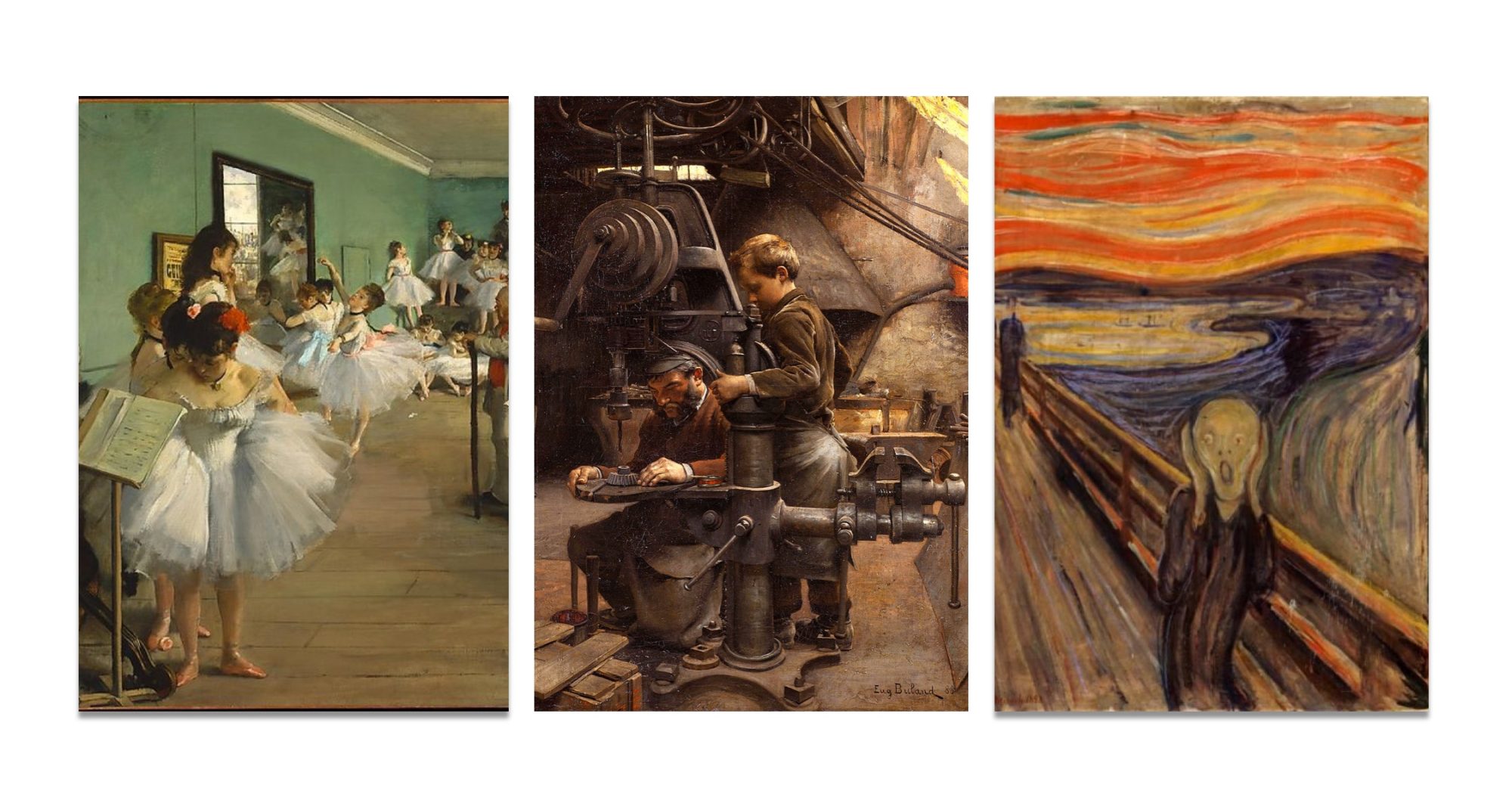 In Denis Diderot’s “Regrets for my Old Dressing Gown” we are introduced to a narrator who is in great remorse at having given up his old dressing robe for a new, scarlet one. The speaker goes on to say that, with one purchase of grandeur he had to make other such purchases to keep the harmony in his house. With each new, far more expensive and elegant piece of furniture he bought– an armoire for his books that were previously set upon a bending piece of wood, a writing desk for that vacant corner, and the list goes on– he had to buy a corresponding piece to replace every old, outdated, broken household furniture. The man couldn’t stop and it became such an obsession he neglected those around him.
In Denis Diderot’s “Regrets for my Old Dressing Gown” we are introduced to a narrator who is in great remorse at having given up his old dressing robe for a new, scarlet one. The speaker goes on to say that, with one purchase of grandeur he had to make other such purchases to keep the harmony in his house. With each new, far more expensive and elegant piece of furniture he bought– an armoire for his books that were previously set upon a bending piece of wood, a writing desk for that vacant corner, and the list goes on– he had to buy a corresponding piece to replace every old, outdated, broken household furniture. The man couldn’t stop and it became such an obsession he neglected those around him.
Denis pleads with God to destroy all the material wealth he has collected except for the Vernet.
To contrast, in William Shakespeare’s play, Henry V, we see a man who has no remorse in casting off the old to take in the new. Henry, before he became king was a heavy drinker and prankster who surrounded himself with pub-goers and those of classes below him with no thoughts of class or nobility. He made a great many loyal friends. On the day of his coronation as King of England, Falstaff, a friend of Henry’s, makes his way through the crowd to get the attention of his friend, telling others that he’ll be well taken care of now that Henry is in office. However, the very opposite occurs. Henry casts away his old compatriots as if they were lepers, telling them if they ever come too close to him again he’ll have them killed. In an effort to maintain the respect and nobility of his people Henry has decided that he cannot be seen with people as low on the class scale as them.
Diderot, on the other hand states, “My friends, keep your old friends. My friends, fear the touch of wealth. Let my example teach you a lesson.” Denis is remorseful of his greed for the more luxurious things in life and understands that they have done him no favors and have made him no better.
Back to King Henry now. Henry’s first act as king is to wage war on the French for very vague and unnecessary reasons. It is assumed that he is only trying to show himself as a man (as opposed to the boy he portrayed himself before his crowning), but going about it far too aggressively. Consistently Henry lets his crown go to his head and ceases to care about those he once shared drinks and laughs with, thus not caring for his people and the wages of tragedy a war would do to them.
A few friends of Henry’s enter the battle as soldiers and one, Bardolph, is eventually caught stealing goods from a church, a crime fit for death. The men who caught Bardolph ask Henry whether he should be hanged or not. Henry, even though he knew this man, was friends with this man, says, “We would have all such offenders so cut off…” (III.vii.107-108). Henry lets nothing stand in his way in casting off every tie to his old self, even going so far as letting an old friend die for a petty crime.
Now Diderot, disgusted with himself, forces himself to keep his old rug. To remind him, “of [his] beginnings and pride is stopped at the entryway to [his] heart”. He claims that he is not corrupted by his lavishly decorated home and his tastes for wealth. However, the furniture is new, and even Denis admits, “… who knows what will happen with time? What can be expected of he who has forgotten his wife and his daughter, …”.
In both stories we see that greed, wealth, and with wealth a sense of power, corrupt those who submit themselves to such vices. Henry did not experience the remorse that Diderot did, but class may be responsible for that; Diderot did not have the background that Henry did. Although, even with Diderot’s regrets, he still pleaded with God to take all if necessary, all except for the Vernet.
-SD
